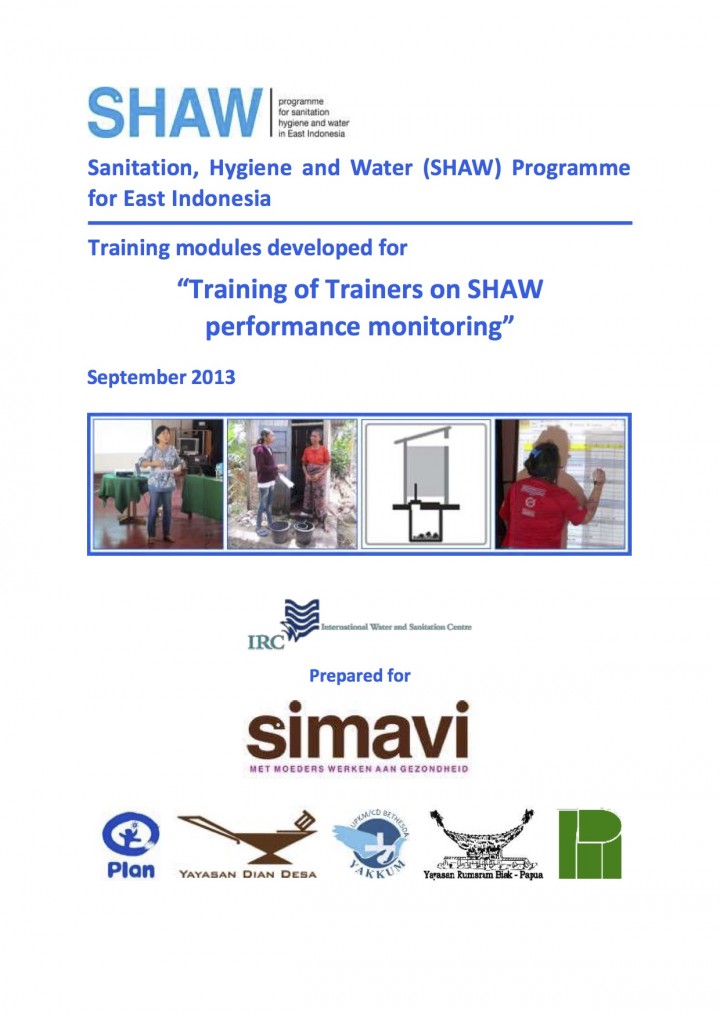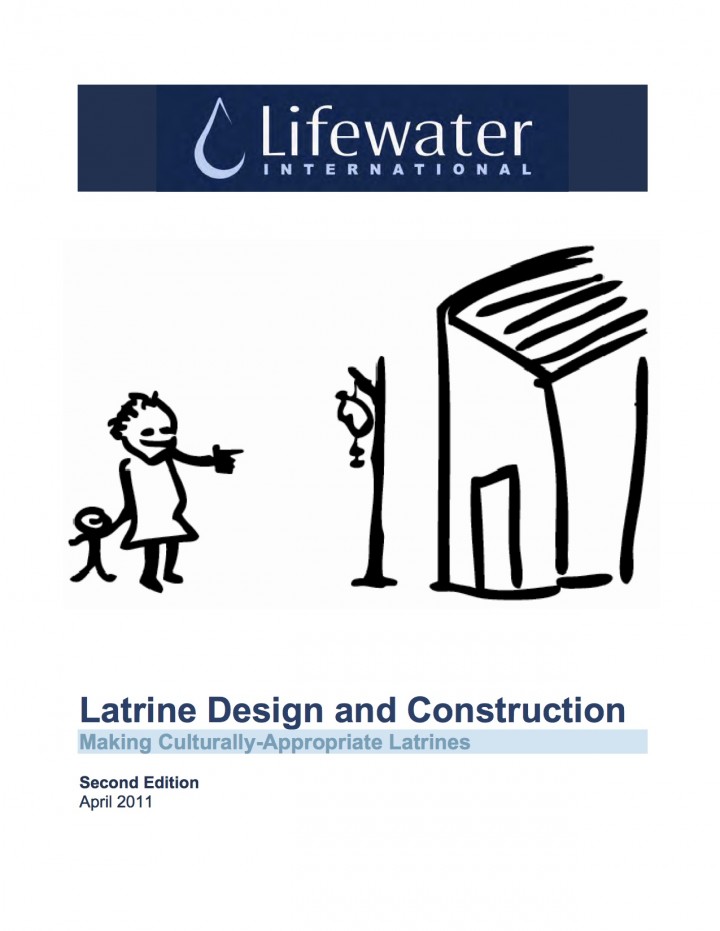Mopani South East TVET College (2018) National Certificate (Vocational): Management
The National Certificate (Vocational) is a skills-focused qualification aimed at addressing the skills demand in the country. It is a three year course designed to provide both theory and practical/skills to the student. It also provides students with the opportunity to experience workplace situations during study. The practical component of study is offered in a real workplace environment or in a simulated workplace environment. NC(V) […]
Port Elizabeth TVET College (2018) Engineering Studies: Basic Bricklaying (Engineering Studies)
Port Elizabeth College offers further study opportunities in the form of part-time courses to enhance qualifications and keep in touch with advancing technology and development. The versatility of these programmes range from skills courses with duration of 20 hours to long-term qualifications of up to two years. Venues where practical courses are conducted are fully equipped with the relevant tools and equipment to be able to […]
Loveland TVET College (2018) Civil Engineering - Masonry/Bricklaying (N1-N3)
The mission of Loveland TVET College is to produce high quality products and have a visible impact on social and economic development by: - offering programmes of international standard, through the formation of strong linkages with key stakeholders and focusing on the holistic development of learners; and - being a well-capacitated, accessible, credible, and self-sustaining TVET College, with flexible and dynamic programmes which are responsive to the […]
Loveland TVET College (2018) Civil Engineering - Plumbing (N1-N3)
The mission of Loveland TVET College is to produce high quality products and have a visible impact on social and economic development by: - offering programmes of international standard, through the formation of strong linkages with key stakeholders and focusing on the holistic development of learners; and - being a well-capacitated, accessible, credible, and self-sustaining TVET College, with flexible and dynamic programmes which are responsive to the […]
EMC (2018) Water Care REPORT 191 (N1-N3)
Eastcape Midlands TVET College (EMC) in South Africa’s Nelson Mandela Bay is continuing to play a critical and meaningful role in skills development and the lives of its students in the Eastern Cape province. EMC serves a highly industrialised urban area, part of the Nelson Mandela Metropole, as well as the rural western part of the province. This means that the college faces unique challenges in […]
AIAT (2018) Participatory Project Planning & Management (PPPM)
AIAT offers a wide range of training programme suitable for Private Sector, Public sector, Government Parastatals and Non Governmental Organisation (NGO) Personnel/staff. AIAT is a training, research and consulting organization which provide Leadership and Strategic Management, Project and Logistics Management, Business Communication and Policy Analysis and Management programme aim at improving the knowledge and skills through training courses, workshops and seminars to private, public and […]
AIAT (2018) Monitoring & Evaluation of Community Projects (MECP)
Who qualifies to train at AIAT? AIAT offers a wide range of training programme suitable for Private Sector, Public sector, Government Parastatals and Non Governmental Organisation (NGO) Personnel/staff. AIAT is a training, research and consulting organization which provide Leadership and Strategic Management, Project and Logistics Management, Business Communication and Policy Analysis and Management programme aim at improving the knowledge and skills through training courses, workshops and […]
AIAT (2018) Project Management: Project Monitoring & Evaluation (PME)
AIAT offers a wide range of training programme suitable for Private Sector, Public sector, Government Parastatals and Non Governmental Organisation (NGO) Personnel/staff. AIAT is a training, research and consulting organization which provide Leadership and Strategic Management, Project and Logistics Management, Business Communication and Policy Analysis and Management programme aim at improving the knowledge and skills through training courses, workshops and seminars to private, public and […]
False Bay College (2018) CBMT: Competency Based Modular Training
Competency Based Modular Training is a training system for apprentices who are interested in learning a trade. This method of training focuses strongly on the practical application of the trade requirements. Apprentices acquire essential skills in the workshop.
False Bay College (2018) National Certificate (Vocational) Building & Civil Construction Plumbing
The National Certificate (Vocational) offers Grade 9 learners a vocational alternative to an academic Grade 10-12 by offering specialised training on NQF levels 2-4.
Core Group (2008) Designing for Behaviour Change
The “Designing for Behaviour Change” workshop responds to community health managers’ and planners’ need for a practical behavioural framework that aids them in planning their projects strategically for maximum effectiveness. It is built upon the BEHAVE Framework, developed by the Academy for Education Development (AED). The workshop trains participants to apply AED’s BEHAVE Framework to improve maternal and child health programming.
IHBP (2013) Facilitator's Guide - Social and Behavior Change Communication (SBCC ) Training for Information, Education, and Communication (IEC ) Officers
This SBCC training was designed for IEC officers working within the Ministry of Health and Family Welfare’s (MOHFW) Information, Education, and Communication (IEC) divisions who oversee SBCC campaigns and programs. The goal of this training is to increase MOHFW IEC officers’ understanding and application of SBCC processes and principles toward strengthening their ability to design, implement, manage, and evaluate SBCC programs.
IFRC (2009) Behaviour change communication (BCC) for community-based volunteers Trainer's manual
The Trainer’s manual provides all the instructions and technical materials needed to conduct a three day training course for trainers (ToT) and a two day training course for community-based volunteers on BCC. The manual has a companion publication, the Volunteer toolkit, which con- tains key messages, short guides and other tools that will be handed out to training participants and used by volunteers to help […]
Baetings, E. (2013) Training Modules Developed for Training of Trainers (TOT) on SHAW Performance Monitoring, Sanitation, Hygiene and Water (SHAW) Programme for East Indonesia
Training manual on monitoring in the Sanitation, Hygiene and Water project in Indonesia. A training of trainers for SHAW partners on performance monitoring was conducted in September 2013 in East Indonesia. The training modules developed for the TOT are compiled in one manual.
Practical Action Bangladesh (2011) An Orientation Module Formation and Operation of Monitoring Team (Adolescent Girl)
The training module was developed for sanitation and hygiene education and safe water supply of adolescent girl.
Lifewater International (2011) Latrine Design and Construction Making Culturally-Appropriate Latrines (2nd Ed.)
The objective of this course is to equip partners with the necessary knowledge, skills and attitudes to effectively assist communities in designing and constructing culturally appropriate latrines. This course is meant to be implemented in conjunction with additional Lifewater; together these courses will build the capacity of partners and communities to achieve adequate sanitation.
GNWP, UNICEF (2014) Latrine Artisan Manual
The overall goal of the training manual is to present to latrine artisans basic steps and techniques required to construct a sustainable toilet. At the end of the training, latrine artisans will be able to: understand the need for a latrine identify and select appropriate toilet technologies construct some common toilet technologies
BSU (2015) Business Toolkit for BCEs (Biogas Construction Enterprises)
It is hoped that the hand book will guide Biogas Construction Enterprises (BCEs) in developing appropriate business and marketing plans in order to increase the revenue as well as guiding BCEs in management and operational issues. The Hand Book will guide BCEs on key issues of financial procedures and internal controls. The Hand Book will also serve as a guide for any small to medium size […]
Castro, V., Msuya, N., Makoye, C. (2009) Sustainable Community Management of Urban Water and Sanitation Schemes (A Training Manual)
The aim of this capacity building programme is to improve the ef ciency and positive impact of urban, community-managed water and sanitation schemes. The manual was originally developed in collaboration with the Dar es Salaam Water and Sewerage Authority’s (DAWASA) Community Water Supply and Sanitation Program (CWSSP); but some of the material is applicable to other urban communities who may need to improve their management […]
MoAIWD (2015) Rural Water Supply Operation and Maintenance Series 1 Community Based Management (O & M Refresher Course) Training Manual
Currently, the community based management (CBM) training is provided to the beneficiaries only when the water supply facilities are first constructed (before and after construction). However, several years could pass after construction before the water supply facilities begin to deteriorate and break down, requiring maintenance. Therefore, it is likely that, for a few years after construction, the beneficiaries never make use of what has been […]




















